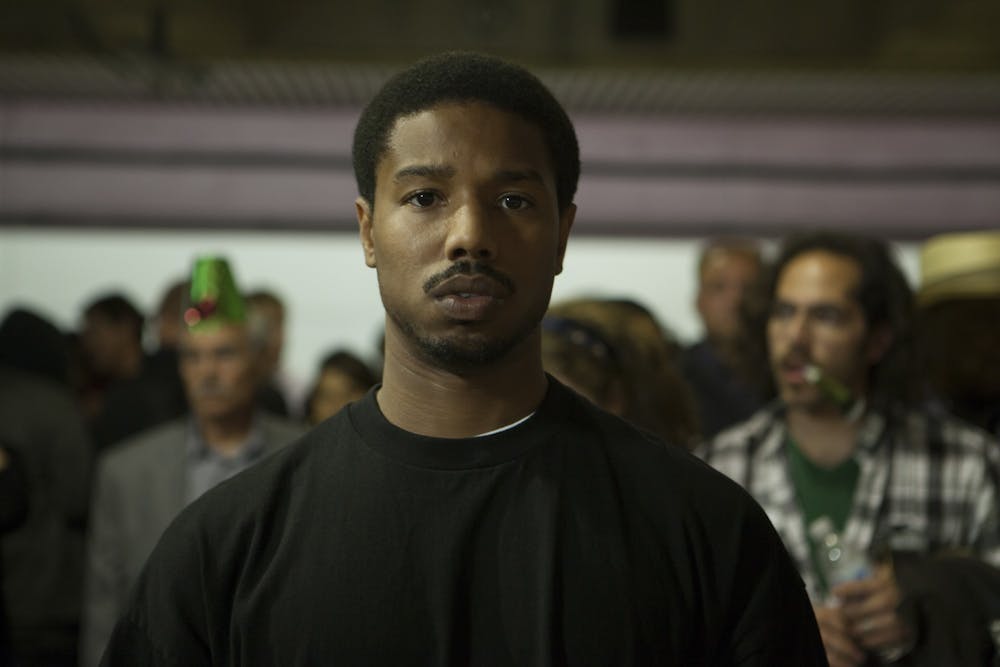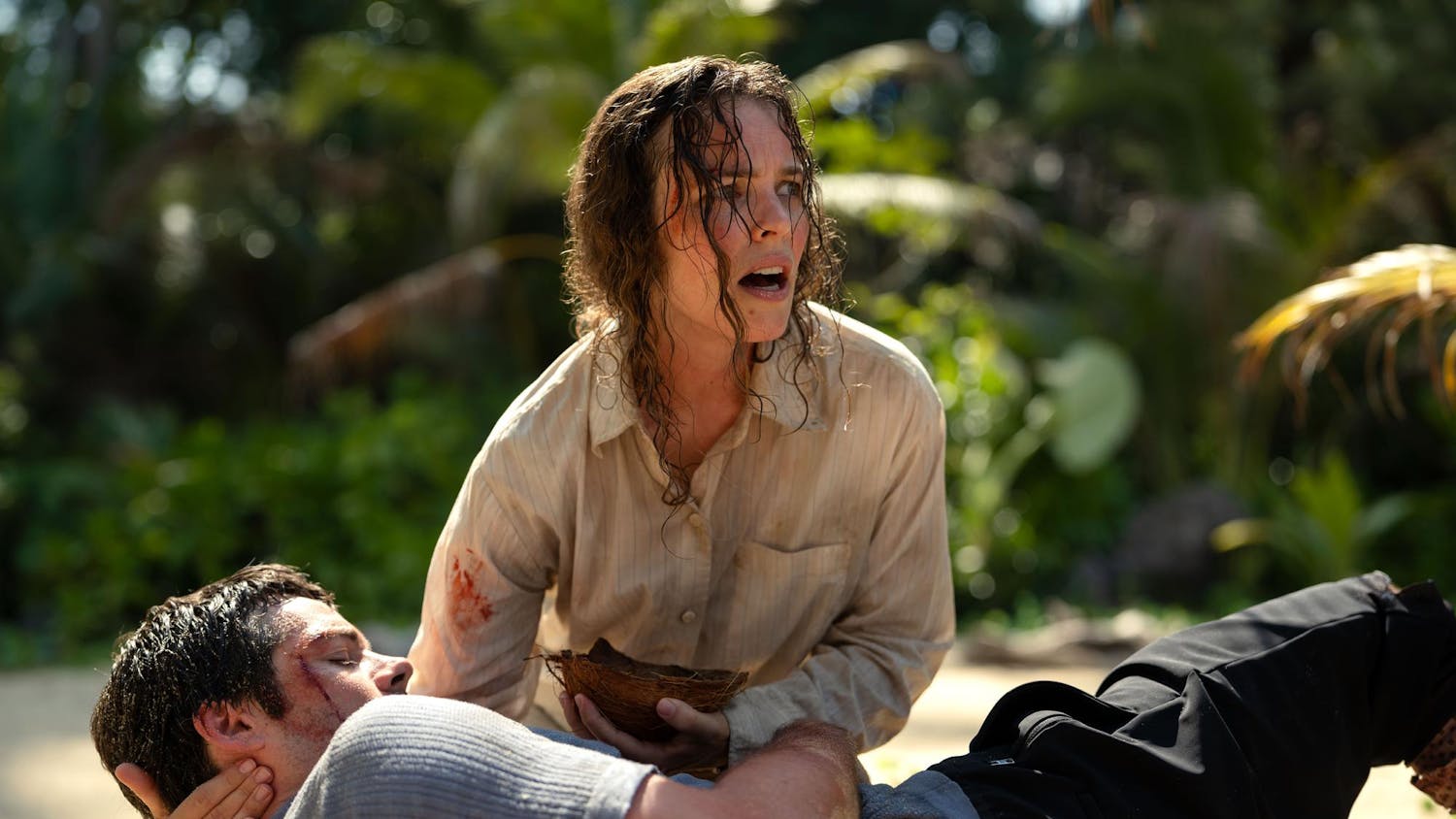In the past decade, many great films about Black people have been released. There are the more widely known films such as “Black Panther,”“Fences” and “Moonlight,” but there are many more movies out there everyone should watch, but haven’t.
Black films are more than just niche movies specifically for minority audiences. So why does it seem like Black films are often only recognized as good in that specific niche?
“My flippant answer would be racism,” said Dr. Cara Caddoo, associate professor in the Media School and the IU Department of History. “I think that there’s many things, you know, the whiteness becomes shorthand — or I should say normal or mainstream becomes shorthand for whiteness, right? Or things that have historically left out certain groups of people.”
She said the way most people think of a “normal” movie is a white, cis-gendered, heterosexual man doing whatever the plot calls for him to do.
This view is inaccurate to the full history of film and cinema, which includes the long and rich history of Black cinema.
“The research that I do shows that Black Americans were pioneers of American film,” Caddoo said. “And in many places in the United States, they embraced the motion pictures and film before a lot of their white counterparts. They were inventors.”
Caddoo said what excited many of the Black filmmakers in the era of Jim Crow segregation was the way they could use film to fundraise via film exhibitions in Black churches and schools. Black filmmakers also used film as a way to spread messages about racial progress.
“It was really kind of the emergence, right, of this post-emancipation generation,” Caddoo said. “Emergence of like a shared culture, of leisure, and of entertainment and a way to have fun together. It was like giving meaning to their lives as free people.”
As a researcher and historian, Caddoo spends a lot of time digging into the distant Black cinema past. The films she mentioned are old classics, movies that everyone, especially those who claim to be movie buffs, should see.
One of the many films she recommended was “Something Good – Negro Kiss,” a less than a minute-long silent film widely considered to be the first onscreen depiction of Black intimacy — a kiss. Another is “Body and Soul,” a silent film by Oscar Micheaux, pioneer of the race film industry, which is the term historians use to refer to the films that were created for Black and mixed-race audiences.
While there are a myriad of films I wish everyone would watch, I can only discuss so many at a time — perhaps I should do a series. Regardless, here are a few Black films everyone needs to know about.
“Fast Color” is a 2019 family drama starring three Black women, who just happen to have superpowers. It was screened at the IU Cinema in August 2019. If you claim to be a fan of superheroes and haven’t seen “Fast Color” — you’re missing out.
“Fruitvale Station” — the film that arguably put director Ryan Coogler on the map — is a tough watch, but a masterful piece of art and a story that needs to be heard. The 2013 film is based on the story of the tragic and avoidable death of Oscar Grant III. Be sure to have a box of tissues and a stress ball on hand.
On a lighter and more animated note, I cannot recommend these two Oscar-winning films enough. Matthew A. Cherry’s “Hair Love”, the adorable short film, and soon to be HBO Max television series, is an adorable story about a father doing his daughter’s hair for the first time and the hijinks that ensue.
The well-loved “Spider-Man: Into the Spider-Verse” is another superhero story that explores what the life of a young Black and Puerto Rican boy is like when he has greatness thrust upon him.
As a film student, it is important to me to learn about the full breadth of film history. Much like Black history as a whole, Black film history is an integral part of film history.
If you like movies, you should engage with Black films just as much as white films.






